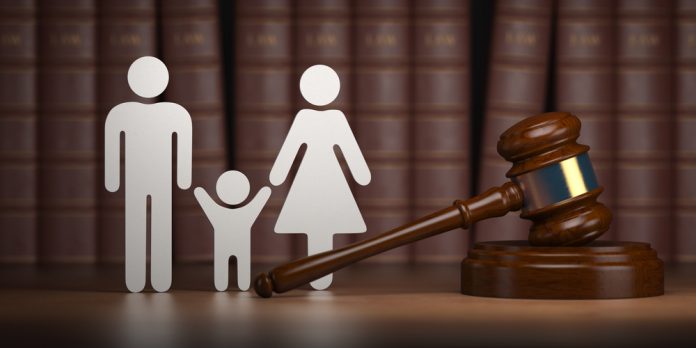It is pretty common these days for couples to own property in another country. This could be a holiday home that you bought for family time in the sun, or it could be a home that you inherited from a close relative, some land, or a buy to let holiday home that you purchased as an investment.
You may be wondering, how do English Courts secure overseas assets in the event of a divorce? It will depend on whether you or your partner hold these assets jointly or if any assets are in your sole names. But no matter the status of your overseas assets, you must disclose them in your divorce.
Having your overseas assets valued
Any assets you hold abroad will need to be considered part of your divorce settlement in much the same way as any other assets you own, such as your family home and bank accounts. The value of your overseas assets needs to be assessed.
It is pretty straightforward to check a savings or investment account. Still, other assets such as property and land holdings will need to be independently assessed for their current market value.
You can appoint a qualified assessor to do this for you, and you can make it easier on yourselves if you both agree to use the same independent valuer. This will not only save you the cost of having two evaluations, but it will save any friction between the two of you about the exact worth of your asset.
How should your foreign assets be divided?
When divorcing in England or Wales, your foreign assets will be combined with all the other assets you own as a couple or individually and then considered under the same principles used to determine the division of all assets, which usually starts with an equal divide.
A few factors may influence the division of assets away from an equal 50/50 split and in favour of one spouse. This could include if you acquired an asset before you got married, the length of your marriage, the earning potential of each partner, and the housing needs of any children you have.
Withholding assets
If you believe that your partner has not disclosed some overseas assets, then you can send a formal request to your partner’s solicitor. Failing that, you can seek an order from the court.
You can also appoint a forensic accountant to check your partner’s disclosed assets and look for inconsistencies that may indicate undisclosed assets are still being held overseas.
The courts look poorly upon any spouse hiding assets and can penalise them by reducing their financial settlement. In serious cases, they could be held in contempt of court and may even face jail.
Reaching an agreement
Once you reach an agreement about the division of your assets, both at home and abroad, then your lawyer will apply to have your settlement agreement put into a court order. Should an agreement not be achieved, the court will decide how your assets will be divided.
Securing assets held overseas does involve some extra hurdles, and what needs to be done can depend on which country you hold your foreign assets in.
It is pretty straightforward in countries such as those in the EU, America, and commonwealth countries because they already have an agreement with the UK to recognise financial court orders. But proceedings can be more tricky in countries that don’t have the same agreement in place.
As always, it can help to get help and support from a qualified family lawyer.

